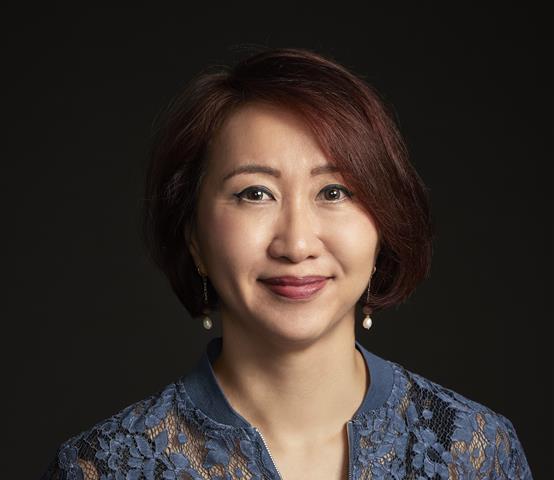Olivia Chua on Positive Thinking and Robots
Female leadership is being redefined by trailblazers. Chief Human Resources Officer Olivia Chua reflects on the lessons learned from international career moves, standing up to bias, and spearheading a culture of wellness and innovation. Her insights offer a compelling look at how modern leadership can blend courage, clarity and compassion in an era of rapid transformation.
Q. What challenges have you encountered and successfully navigated as a female leader?
A. From a young age, I realised that self-confidence is key. It helps articulate thoughts clearly and convey ideas with conviction. Early in my career, I felt that I needed more experience, which motivated me to push myself and work overseas. Gaining international experience took me out of my comfort zone, forcing me to make independent decisions and adapt quickly to different cultures and ways of working. One of the biggest lessons I’ve learned is to always be aware of your surroundings. Make decisions based on the next steps and potential risks. Planning ahead and taking calculated risks is essential for growth and success.
Q. During challenging times, what strategies do you employ to maintain your motivation and resilience?
A. For me, it’s more of a mindset shift rather than a specific strategy. When you believe in yourself and start challenging yourself personally, obstacles become more manageable. Unless it’s a life-or-death situation, most challenges are simply problems to solve. Challenges bring knowledge and even in stressful moments, it’s important not to let stress consume you. I also believe in making problem-solving engaging. Getting people excited about finding solutions fosters a positive and resilient approach.
Q. How to foster a culture of inclusion and diversity that prioritises skills and competencies?
A. It starts with us. When we are born, we have no biases. But as we grow, our environments, including family and society, shape our perceptions. The key is to become self-aware of these biases. Once we recognise them, we can be more mindful and intentional in fostering an inclusive culture. True inclusion cannot be forced. It must be ingrained in our values to be sustainable. Since stepping into my role, I have strongly advocated for anti-discrimination and anti-bullying policies to ensure fairness and accountability. Many people may not even realise their biases until they understand their impact.
Q. What hard and soft skills do you believe are essential for the next generation?
A. Planning and organisation are crucial, not just in professional settings but in personal life as well. Within this, time management plays a vital role, ensuring efficiency and productivity. Another key skill is attention to detail. A trait that not many people naturally possess but one that makes a significant difference in execution. Additionally, conceptual and analytical thinking is essential. Future leaders must be able to think big picture, anticipate future challenges and connect the dots between leading KPIs (key performance indicators) and lagging KPIs to drive long-term success.
Q. What is one aspect of your life that you wish more people understood about you?
A. I have never let life make me bitter. I choose to be grateful for everything that happens, no matter the circumstances. Instead of dwelling on challenges, I focus on appreciation and perspective. One of the experiences that reinforced this mindset was a volunteer trip to Nepal. Living without basic amenities like running water, heating or electricity gave me a profound sense of gratitude for the things we often take for granted. It was a humbling reminder of how fortunate we are and why I always strive to see the positives in every situation.
Q. Could you share a particularly fulfilling moment you’ve experienced?
A. One of the most fulfilling moments for me was launching the Health & Wellness (H&W) initiative for the Group. Before this, our activities were largely business unit (BU)-focused and there weren’t many opportunities for employees across different BUs to come together. The goal was to create something that would connect colleagues beyond work and despite the challenges of the pandemic, we made it happen! Seeing colleagues from different countries engage and enjoy the activities was incredibly rewarding.
Q. In your view, how will artificial intelligence impact the HR function?
A. At Jebsen & Jessen, we have already started exploring automation, which is the first step toward integrating AI into our HR processes. One area we are investigating is Robotic Process Automation (RPA), a beginner-level AI that automates repetitive tasks based on predefined inputs. We are also seeing AI being used in areas like job description generation and summarisation but we believe that AI should be used to enhance, not replace human thinking.
%20(1).jpg)